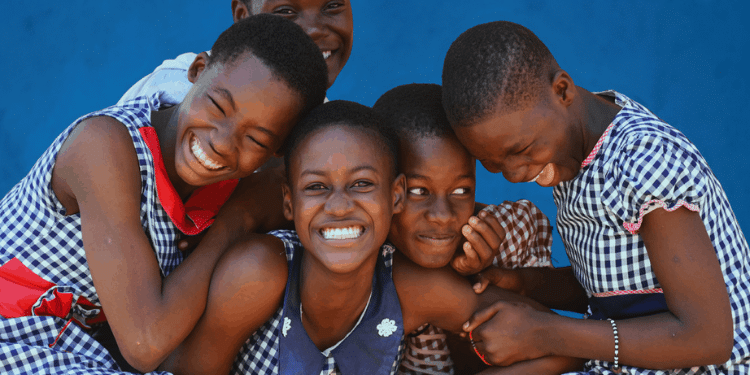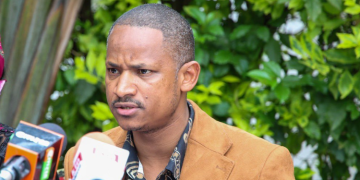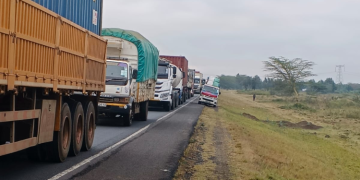One in five Kenyan Adolescents has experienced four or more Adverse Childhood Experiences (ACEs), which has placed them at high risk for mental health challenges such as depression, anxiety, and bullying, the latest report reveals.
According to a study titled “Understanding the Lasting Effects of Adverse Childhood Experiences on the Mental Health of Kenyan Youth,” from Research to Policy Action, such disorders are a result of neglect.
“ACEs include experiences such as neglect, abuse, poverty, and violence, all of which can have a long-lasting impact on a person’s thoughts, emotions, and behaviour,” read part of the report.
Speaking at the webinar, Prof. Zul Merali, Founding Director of the Brain and Mind Institute, underscored the need for urgent, cross-sectoral interventions to tackle the root causes of mental distress.
“Childhood adversity is a public health crisis that threatens the well-being and potential of our entire generation. Through this webinar, we aim to elevate research-informed solutions that can help Kenyan children not only survive adversity but thrive despite it. Our collective future depends on it,” Merali said.
Adolescents in Kenya at Risk of Mental Health Disorders
Additionally, the study found that adolescents who reported more adversities were significantly more likely to exhibit symptoms of mental illness.
Data revealed that 24% of participants showed moderate to severe symptoms of depression, while 21.4% had moderate to severe anxiety.
Bullying was also strongly linked to high adversity scores, with boys appearing especially vulnerable.
Tom Osborn, Founder and CEO of the Shamiri Institute, stressed that the urgent need for action to support young people navigating emotional burdens.
“Young people in Kenya are navigating enormous emotional burdens. As a society, we can’t afford to look away. This webinar is about building bridges between research, policy, and practice so that our schools become places of healing, not harm,” Tom said.
Furthermore, the study also highlighted socioeconomic and family-related vulnerabilities.
Also Read: How TikTok is Blocking Teens from the Platform
Surviving Bad Experiences
The adolescents with only one surviving parent had adversity scores 18% higher, and those performing poorly in school were 15% more likely to have experienced adversity.
Youth advocate Wangui Wanjuki shared a personal perspective on how she experienced physical abuse.
“Growing up, I experienced ACEs in the form of physical abuse, gender-based discrimination, financial abuse, and parental alienation. Discussions like today’s are critical because research drives policymaking. It’s important not to create policies in isolation—they must complement existing laws and frameworks, and we need to understand whether what exists truly works for those affected, or if it only looks good on paper,” she narrated.
Also Read: Survey Reveals 83% of Women Experience Forms of Abuse
Sobering Kenya
However, the integration of screening tools like the ACE-10 into school health programs, alongside increased school-based mental health support, has signalled growing national momentum to address childhood adversity as both a mental health and education issue.
As the data paints a sobering picture of Kenya’s youth burdened by invisible trauma, the webinar stood out as a call to action, reaffirming a shared commitment to ensure that every Kenyan child not only survives mental health issues but also can thrive.
Follow our WhatsApp Channel and X Account for real-time news updates.










































































